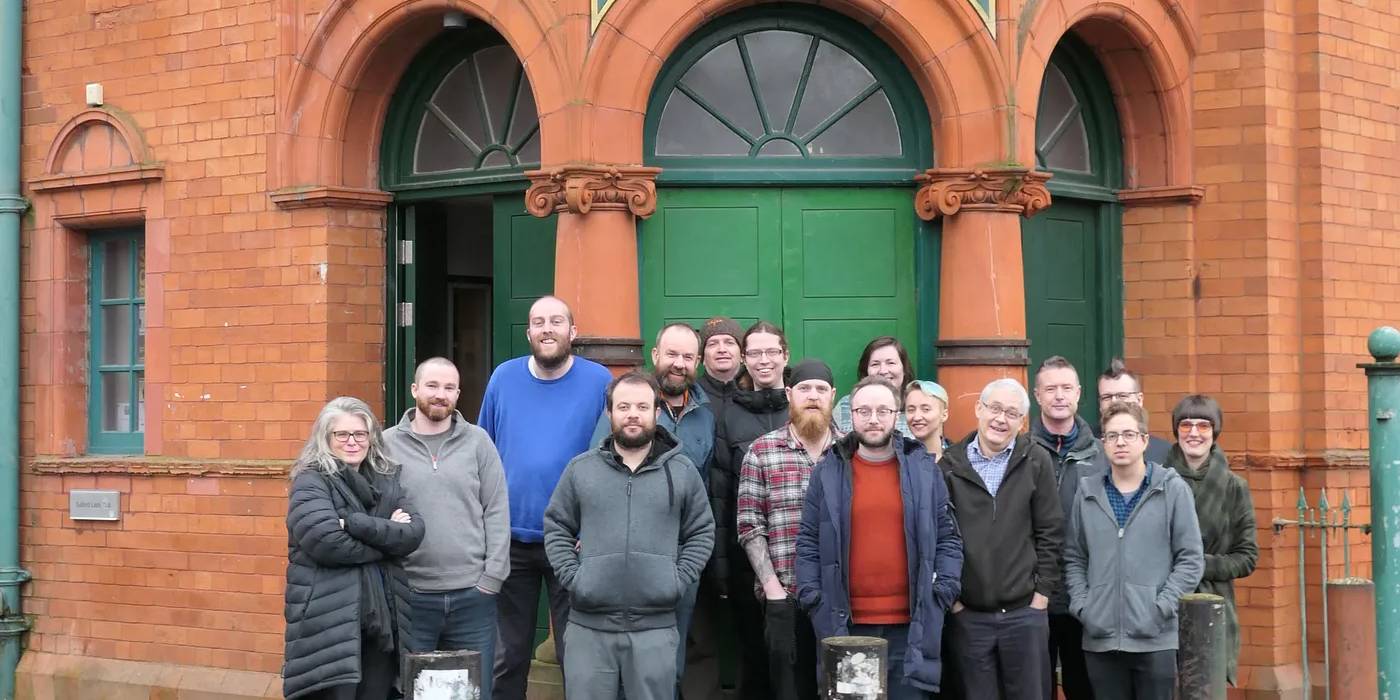In March 2015, Open Data Services was founded by four freelancers who wanted to combine working in open data with an equitable business model. As we enter our fifth year, we’re now eighteen members providing key infrastructure that allows open data to be useful, usable and in use.
As our co-operative has grown, we’ve become experts in researching, building, maintaining and promoting open data standards, and learnt how to scale a workers co-operative. Often, we’ve found these two strands of work have informed each other. So to celebrate another year of our co-op (social distancing, of course) we wanted to reflect on how we’ve developed as an organisation, and look to where we’re heading in the future.
One big user testing story
Data is messy, and when we started in 2015 organisations were only beginning to explore this fully. Our co-operative has benefitted from seeing how well documented and maintained open source projects handled this messiness, which has fundamentally shaped how we operate both internally and externally.
Building robust open data standards — agreements on exactly what information should be provided and how to structure it — is our bread and butter. Working on data standards for Open Ownership, Open Contracting, and 360Giving has shown us that good standards can provide a common framework for stakeholders, helping them work together to create and use data to create social impact. In turn, building a robust framework relies on collaboration — so in order to create effective standards, we need feedback loops for users to flag issues.
Similarly, we’ve found that running a co-operative is essentially one big user story, with eighteen users providing feedback and testing. We think this allows us to build a working environment that puts our workers first, rather than focusing on our bottom line alone.
Transparent documentation matters
For standards to be useful, they need to be transparent, maintained, and replicable. If we update a standard, we need to be clear about what is changing, why we’re doing it, and when it will happen.
Internally, we try to operate like this too. For example, we have an open books culture, so our members have equitable access to information when we collectively decide how we use our resources. As we all have an equal stake and an equal say, this process can be led by what we want, need, and think works. We’re also working on making our internal structure and policies replicable where possible — our articles of association, for example, available as XML.
(Lack of) Scarcity Mindset
Open data and operating a co-operative both rely on the net benefits of eliminating a scarcity mindset. From the early days we knew our work was scalable, so it seemed obvious to bring people in — and we’ve systematically recruited every six months since we started. While there is always the possibility of hierarchies being created, as members of a co-operative we are not competing for jobs, money or authority, which helps to dispel power imbalances.
Scaling a co-op, like scaling a data standard, is a balancing act. We’ve learnt that as we grow we need to develop policies and become a more formal organisation — but we can think about how we do this to benefit our members.
In the same way that it’s often best for publishers to release disaggregated raw data, we’ve also tried to separate out the roles and functions involved in running our business/co-op. The trick — one which we are still learning — is to understand the level of detail and the tools people need to use the information that is available.
Where We’re Going Next
Possible futures now look very different to how they did a week ago. Our societies and economies are finding new ways of working, so using open data to hold power to account and building collaborative and co-operative organisations seems as important as ever. We hope that sharing our findings might help others thinking about these problems.
As our user testing continues, we’ll keep iterating on these feedback loops — both in terms of data, and focusing on making our work and organisation useful, usable and in use.
